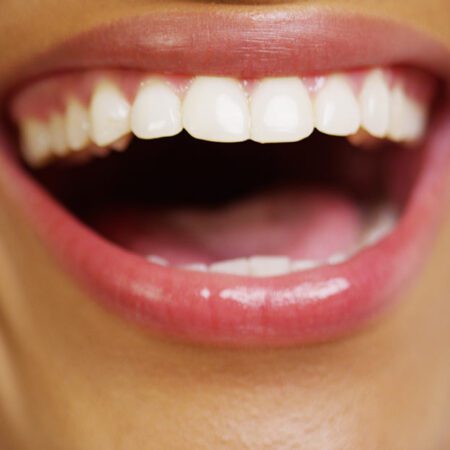Gut Health: What It Is, Why You Need It, and How To Get It

Balance the Bacteria in Your Gut for a Healthy Body and Brain
Within each of us there is a long winding road known as the gastrointestinal (GI) tract. It starts at the mouth and extends all the way through the body, including the esophagus, stomach, small intestine, and large intestine and ends at the anus.
Millions of microorganisms – known as the gut microbiome – live in the organs of your GI tract. These good bacteria (and other organisms) play a critical role in your gut health and thus your overall health.
They assist the body with digestion, enable it to better absorb nutrients, help protect it from disease, prevent bad bacteria from growing, and allow your gut to exchange information with your brain.
Imbalances in your gut microbiome – when bad bacteria outnumber good bacteria – can lead to a range of health issues. These include weight gain, constipation, bloating, loose stools, and others which may be indications of more serious conditions such as ulcerative colitis, Crohn’s disease, irritable bowel syndrome, kidney disease, and more.
A gut imbalance can also contribute to psychological concerns such as anxiety, stress, and depression. There is significant research being done into the link between the gut and the brain. Scientists at Johns Hopkins Food, Body & Mind Center are studying how each influences the other. According to one of the lead researchers, “…there are so many patients with functional bowel disease who also have additional psychosocial problems, such as depression. We learn to treat them as full patients.”
How To Achieve Gut Health (Hint: It’s not as hard as you’d think.)
Science is only beginning to understand the critical importance of gut health in whole-body (and brain) health. The more we learn, the more we discover how important it is to pay attention to what’s going on with your gut and how to make changes when necessary.
There are many ways to take care of your gut health. Thankfully, many of them are common health concepts that you may already be familiar with and implementing in your own life. For example, regular, good quality sleep can impact gut health, so it’s important to make sure you are getting seven to eight hours a night.
Consistent movement or exercise also plays a crucial role in helping to keep the gut in balance. Regularly moving your body helps reduce stress and makes it easier to maintain a healthy weight, both of which will have a positive effect on your gut health.
Everything you put into your body will influence the health of your gut microbiome. For example, antibiotics can kill both good and bad bacteria, so only take them when it’s absolutely necessary.
What you eat also plays an important role in your gut health. A study published in the Journal of the Academy of Nutrition and Dietetics, shows that a plant-based diet is “key to a diverse and healthy microbiome.” According to the study’s authors, “As diets have shifted more toward…highly processed foods and high-fat animal products, more and more diseases have been attributed to an imbalance in the microbial composition of the gut.”
Food sensitivities can also play a role in gut health, so it’s a good idea to consult with a health care professional to identify foods that may be contributing to inflammation. You may need to eliminate inflammatory foods, such as gluten or dairy, from your diet as well as reduce the amount of sugar you eat.
The Role of Probiotics and Prebiotics in Gut Health
Probiotics contain the good bacteria that your gut needs to be healthy. By adding probiotic foods or supplements to your diet, you can boost the good bacteria in your GI tract. Probiotics can help bolster your immune system, improve gastrointestinal health, ease allergy symptoms, promote circulatory health, and even improve mood.
Prebiotics act as a food source for probiotics, so your gut health really depends on both. They can be found in foods such as bananas, onions, garlic, leeks, asparagus, artichokes, and soybeans and in supplements.
Be aware that probiotics and prebiotics produce different results for different people, so it’s important that you choose the appropriate one for your body’s individual needs. Seek guidance from a natural medicine practitioner to make sure you’re making safe and healthy choices.
Rest, Relax, and Recharge for Gut Health
According to the American Psychological Association, stress has wide ranging effects on the organs of the GI tract, including impacting their ability to digest and absorb nutrients. Stress can also change the balance of bacteria in the gut, according to research published in the journal Brain, Behavior, and Immunity. A gut imbalance can contribute to poor quality sleep, brain fog, burnout – and more stress.
Being aware of your stress levels and taking steps to manage stress is key to maintaining good gut health. Stress management tools such as deep breathing techniques, meditation, and yoga can help bring balance b ack to your life and your gut.
At Nature’s Link Wellness Center, we are dedicated to helping you achieve gut health through a wealth of science-backed natural wellness options. To find out more about the gut microbiome and gut health in Breaux Bridge, Lafayette and the entire Acadiana area, call 337-332-2705 or reach us online.




